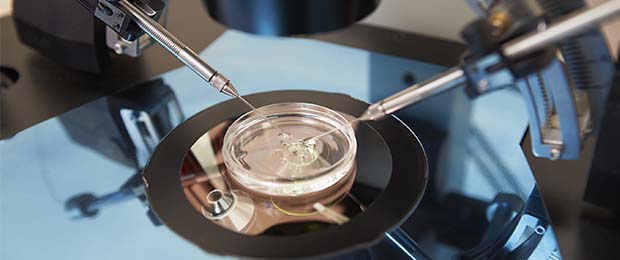In the United Kingdom, the Human Fertilisation and Embryology Authority has granted the first licence to carry out three-parent IVFto the Newcastle Fertility Centre. According to the centre, the first babies will be born in 2018 to couples where the woman is carrying a mitochondrial disease. The medical team hopes to treat up to 25 women each year with financial backing from the NHS. In fact, the licence was granted within a clinical trial framework to be financed by the NHS to the tune of €9 million over five years.
The British Parliament authorised this technique in 2015 to prevent children from being born with mitochondrial diseases. Every centre wishing to participate must apply for authorisation from the HFEA (see3-parent IVF trials authorised in the United Kingdom, London authorises 3-parent IVF).
Many British scientists have welcomed the HFEA’s decision. However, the technique remains controversial and criticism is on-going. Bioethicist, Anthony McCarthy, is not surprised at the decision taken by the HFEA“given their track record of undermining respect for the human embryo and the integrity of human reproduction”. He deplores the fact that the 3-parent IVF technique does not cure mitochondrial diseases and cannot help those affected.
Other scientists have noted that the technique is not “infallible” and that a small number of defective mitochondria are transferred and have been detected in the child (see Efficacy of “three-parent IVF” challenged by American scientists). Furthermore, unforeseen problems could occur in children because mitochondrial DNA might have more of an impact that is currently realised (see Lifting the veil on three-parent IVF).
BBC, James Gallagher (16/03/2017); Daily Mail (16/03/2017)

